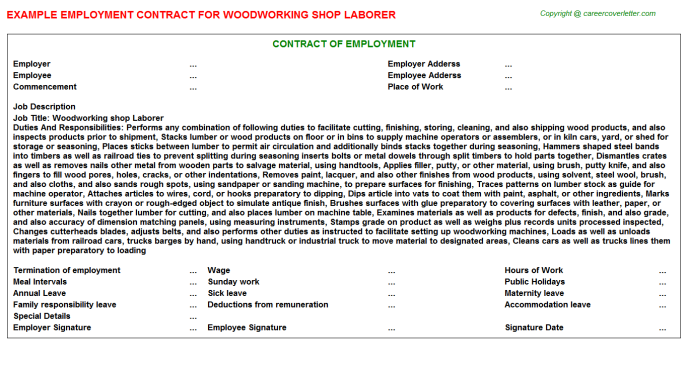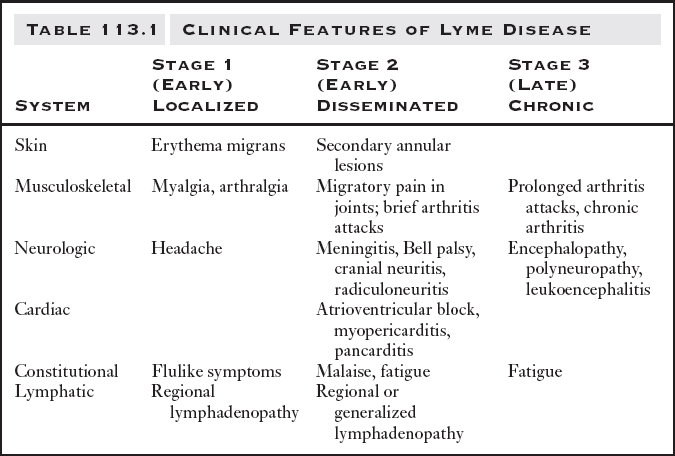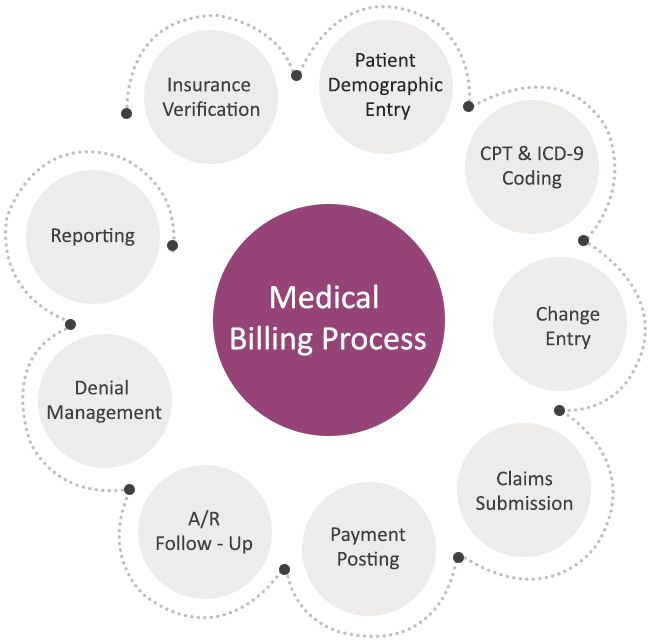Signs of a critical spirit
Critical Spirit: 9 Signs You’re Struggling
Critical Spirit: 9 Signs You’re Struggling
- Post author:HISsparrowBlog
- Post published:November 14, 2019
- Post category:Christian Living / Spiritual Growth
At the beginning of this year I wrote a post on five bad habits I wanted to break this year. Apparently, it was a doozy of a list considering it’s now halfway through November and I’m on number four.
Yikes.
But progress is progress, I suppose. This Christian walk is no walk in the park. It feels like taking five steps forward and three back sometimes.
And I’m sure I say this each time, but a critical spirit is a big issue. It’s required quite a bit of reflection to write this post.
A critical spirit can sneak up on anyone.
I always thought I had a naturally positive attitude. Gratefulness and a little pride intermingled for an interesting mix of feeling immune to a critical spirit. After all, a critical spirit describes a person, right?
But I’m learning that no one’s immune. Especially me. It’s true that, as a Christian with the fruit of the Holy Spirit, a critical spirit shouldn’t characterize my life. However, as Paul said, I do what I don’t want to do.
So what are the signs of a critical spirit?
I’ve noticed several behaviors and thought patterns that point to a critical spirit:
- A negative view of my own circumstances, the behavior and intentions of others, and Iife in general.
- Jealousy of the success and rewards of others, and a feeling that another’s success is a reflection of my own lack or shortcomings.

- Selfish reactions to anything I perceive as fringing on my rights, needs,or desires.
- Passive aggressive tendencies with any perceived slight.
- Hyper-sensitivity to the comments and actions of others.
- The desire to educate others with my own negative opinion and distorted view of circumstances.
- Ungratefulness for my own blessings.
- An urge to compete in ‘suffering,‘ and for someone else to agree I’ve been dealt a bad hand.
- A satisfaction at the misfortune of others, because either I saw it coming and/or they finally understand how I feel.
Although it’s possible, most of us don’t have all of these characteristics at one time. But even exhibiting several of these at once can damage our witness. Critical spirits are direct contradictions to the love and sacrifice and encouragement we should exhibit to others as Christians.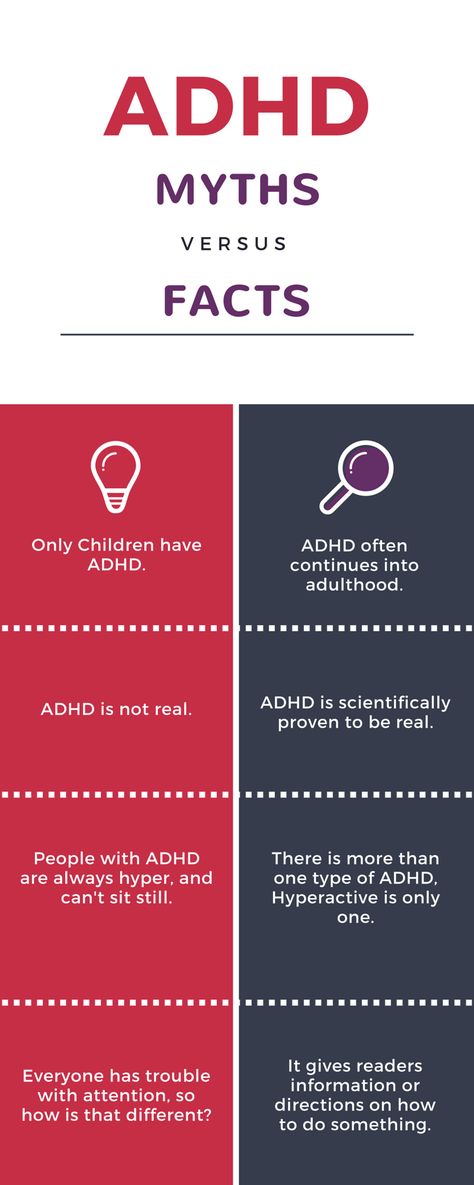
What do I do?
They say the first step is to realize there is a problem, and that’s true, but it can also be overwhelming. It’s not always so obvious as to what should come next. When that happens to me, as I’m sure you’ve heard me say before, it’s helpful to get back to the basics.
#1 – Remember who I am apart from Christ.
#2 – Remember what was done for me when I didn’t deserve it.
#3 – Remember what I have because of Christ.
Have you ever realized you’re struggling with a critical spirit? What clued you in, and what did you do about it? Share in the comments below.
More reading:
- 5 Bad Habits I Want to Break This Year from HISsparrowBlog
- 5 Ways to Overcome a Critical Spirit from Crosswalk
- Overcoming a Critical Spirit from the Biblical Counseling Coalition
All Posts in the Bad Habits Series
Tags: criticalspirit
HISsparrowBlog
I love to help people see their value in Christ, because once we understand that, our potential to lead healthy lives that impact others for Christ is limitless.
Do You Have a Critical Spirit?
Published by Mark DeJesus Discernment
A critical spirit can be easy to see in others, yet operate undetected in ourselves. Everyone has to confront how they will deal with the temptations to live in a critical mindset.
There can be nothing more draining than someone with a critical spirit, but when you’re used to feeding it, breaking free can be challenging. So many live in criticism so much, it feels good to them. I have observed that breaking free can be like a drug addict journey; criticism becomes a drug.
In his book, Possessing Joy, Steve Backlund defines a critical spirit as an obsessive attitude of disapproval and finding fault. I find that people who live in a lot of negativity very easily lean into a critical spirit’s voice. The temptation becomes strong for those who have not develop a strong compass for hope and goodness.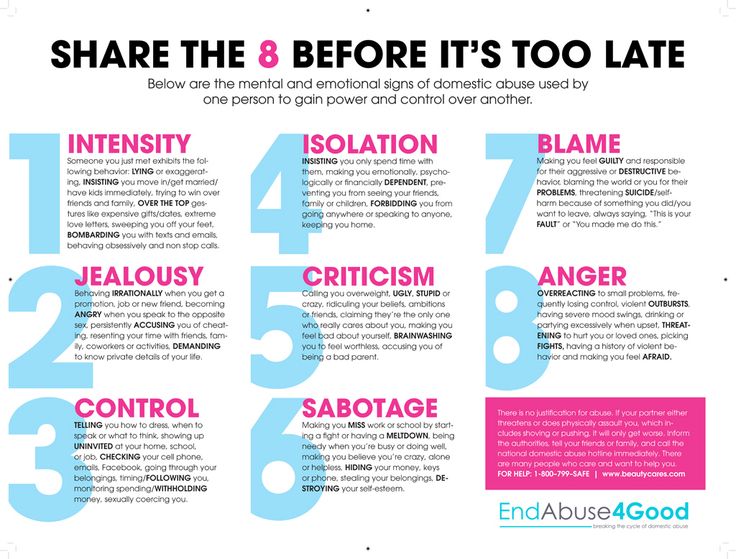 Criticism is actually easy to do, especially because negativity is easy to find. It takes a real overcomer to habitually look beyond criticism and become a hope infuser.
Criticism is actually easy to do, especially because negativity is easy to find. It takes a real overcomer to habitually look beyond criticism and become a hope infuser.
Discerning a Critical Spirit
Here are some signs that people operate with a critical spirit:
- In general, they have a negative lens on life. They might deny it in themselves, but everyone else can see it. They move to the negative side very easily.
- They have a hard time focusing on loving relationship, without always addressing the negative about someone or something.
- When they talk about a person or situation, they focus on the negative with little helpful solutions.
- Their focus is on flaws.
- They complain a lot.
- They don’t know how to live without complaining about something.
- They’re always upset about something.
- Regarding people who are succeeding or doing well, the critical spirit shows up to find something wrong with them to focus on.

- They spend most of their communication focusing on what they are against, but very little time highlighting the good they are for.
- They are rarely pleased.
What Fuels a Critical Spirit?
- Insecurity: Quite often, criticism flows through people who are not very secure in how they see themselves. We often see others through how we see ourselves. Therefore, we project the toxicity onto others that we actually carry in ourselves.
- Self-Accusation: Criticism is fueled by an accusing spirit, especially in the words we speak. Being critical of others helps us to avoid dealing with ourselves; keeping us from confronting the issues of our own heart.
- Bitterness: Criticism gains momentum in people that have unresolved bitterness and unforgiveness issues in their life. They have unhealed disappoints that seep into their perspective.
- Comparison/Competition: When we are insecure about who we are and where we are, criticizing others is an easy manifestation.
 We often criticize those who threaten our insecurity and lack of growth.
We often criticize those who threaten our insecurity and lack of growth. - Perfectionism: Those with a critical spirit are hard to please and are never satisfied. This makes relationship with them a miserable experience. Very little life and hope flows from them.
- Joylessness: You cannot be critical and filled with joy at the same time. It’s helpful to look at problems, but with the mindset of finding hope and solutions. There’s nothing more draining to joy than someone who finds fault in something.
Letting Go of Criticism
For those who want to make a change, letting go of a critical spirit can actually be scary. Some even think if they don’t criticize people, then bad behavior or wrong things will continue. When the facts are, the more you highlight the negative, the more it will grow. That’s why we often fail to get free. We focus on it so much that we give it power.
Steps to Getting Free:
- Participate in a Negativity Fast.
 There’s nothing more effective in breaking our negative patterns than doing a negativity fast. It can one of the most challenging habits to apply, but one of the most freeing when it becomes a part of our life.
There’s nothing more effective in breaking our negative patterns than doing a negativity fast. It can one of the most challenging habits to apply, but one of the most freeing when it becomes a part of our life. - Get Accountable: Tell someone who loves you and can hold you accountable about your desire to change. Give them permission to call you out when you are in that rut, so you can catch yourself in the act. This can be humbling, but it will get to the heart of change in your life.
- Get Around Hope-Filled People: This can be rare to find, but its worth the search. Find people that know how to find hope in the midst of challenging circumstances. Hang out with them. Learn from them. Glean form their perspective.
- Confront Poor Self-Image: break agreement with the negative ways you see yourself. We flow in grace way more effectively when we process it for ourselves authentically. The next time you criticize someone, think, is this really my issue I am throwing at them?
- Break Agreement with Criticism: Make a decision today that you will no longer allow criticism to be a part of your lens on life.
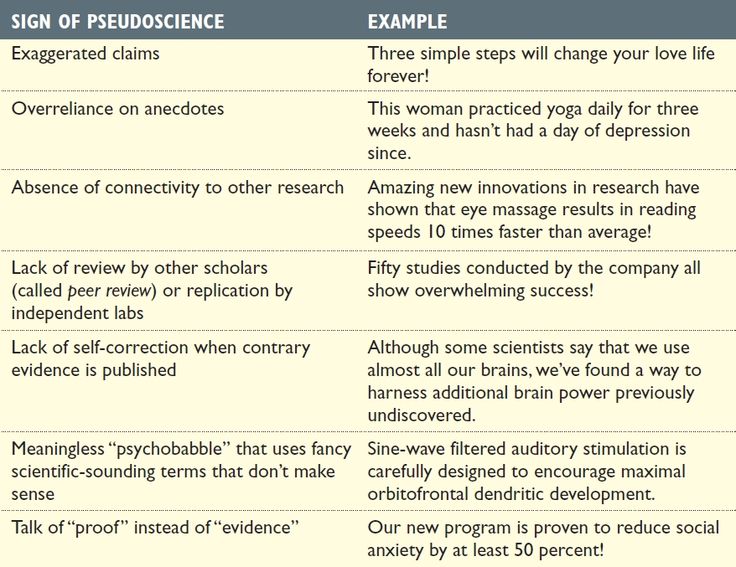 Start declaring that you will look for hope in all things!
Start declaring that you will look for hope in all things!
Question: What are some helpful ways you have found to overcome a critical spirit?
Tags: Critical Spirit
Search for:TOPICS
Anger Anxiety Broken Heart Change Emotional Health Emotions Exposing the Rejection Mindset Family Father's Love Father God Fear God's Love Healing Healing and Freedom Healing OCD Healing the Heart Heart Heart Healing Identity I Will Not Fear Love Love of God Loving Yourself Mental Health OCD Overcoming peace Peace of God Perfectionism Performance-Based Christianity Question and Answer Rejection Relationships Religious OCD Rest Scrupulosity Shame Spiritual Growth Spiritual Warfare Stress The Heart Healing Journey thoughts Toxic Relationships Transformation Worry
Tachycardia signs, symptoms and causes
- Home
- Blog
- Symptoms and signs of tachycardia
Content:
-
Types and causes of tachycardia
-
Signs of tachycardia
-
Causes of tachycardia
-
What to do about symptoms of tachycardia: self-help methods
-
What to do with symptoms of tachycardia: diagnosis, treatment
Tachycardia is a condition in which the heart rate (HR) reaches 90 or more beats per minute. Normal heart rate is 60-89 beats, but the pulse increases with physical exertion, fear, excitement, joy. Heart rate may increase with certain medications and even due to a change in the time zone or high humidity. In this case, we are not talking about pathology. Symptoms of tachycardia of the heart appear at rest or with low physical exertion. Subsequently, this leads to a decrease in the efficiency of the heart: it pumps blood worse, which causes organs to suffer. The heart itself is also damaged: due to high loads, the need for oxygen increases, coronary artery disease develops over time, and the risk of a heart attack increases.
Normal heart rate is 60-89 beats, but the pulse increases with physical exertion, fear, excitement, joy. Heart rate may increase with certain medications and even due to a change in the time zone or high humidity. In this case, we are not talking about pathology. Symptoms of tachycardia of the heart appear at rest or with low physical exertion. Subsequently, this leads to a decrease in the efficiency of the heart: it pumps blood worse, which causes organs to suffer. The heart itself is also damaged: due to high loads, the need for oxygen increases, coronary artery disease develops over time, and the risk of a heart attack increases.
Types and causes of tachycardia
There are several types of tachycardia:
- Sinus. It occurs due to disturbances in the operation of the sinus node, which generates electrical impulses. The pulse rises to 90 beats, but remains rhythmic. This type of tachycardia indicates symptoms of anemia, heart failure, poisoning.
- Paroxysmal.
 The pulse with such forms of tachycardia increases to 110-200 and even up to 300 beats. The ventricular form is distinguished: patients with coronary heart disease, heart attack, heart disease, aneurysm and other organic disorders suffer from it. The precardiac form is often asymptomatic. The nodal form is often found in women against the background of psycho-emotional experiences.
The pulse with such forms of tachycardia increases to 110-200 and even up to 300 beats. The ventricular form is distinguished: patients with coronary heart disease, heart attack, heart disease, aneurysm and other organic disorders suffer from it. The precardiac form is often asymptomatic. The nodal form is often found in women against the background of psycho-emotional experiences. - Ventricular fibrillation. Chaotic contraction of the heart can cause cardiogenic shock. Sometimes VF is referred to other types of arrhythmias, since the nature of this form is not fully understood.
Thus, the symptoms of tachycardia in women are more likely to occur due to the atrioventricular (nodular) form. While in men, the ventricular form is more often noted, since coronary disease is diagnosed in males 2 times more often.
Signs of tachycardia
Symptoms of tachycardia will vary depending on the cause. You also need to consider how long this state lasts. With pathological tachycardia, the patient has:
- Lowering blood pressure.
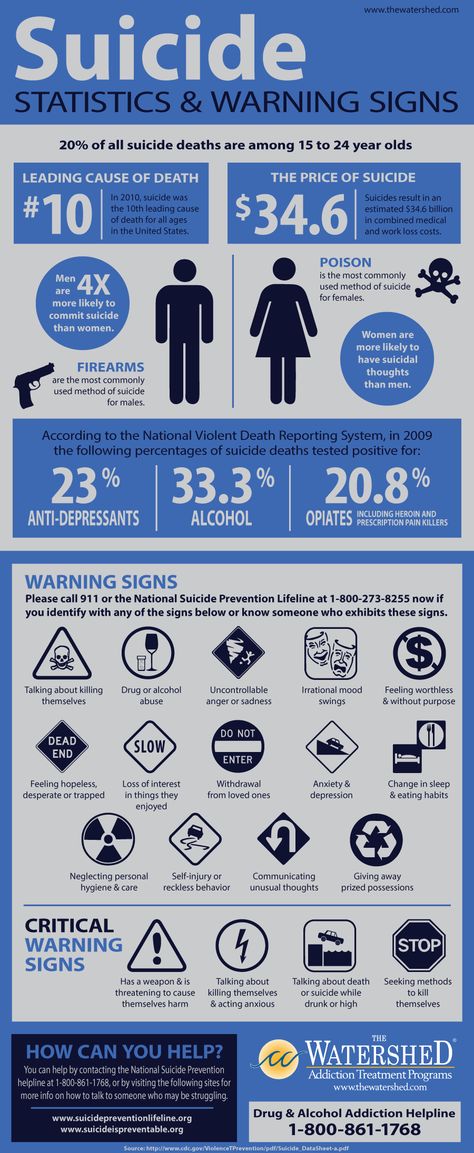
- Heaviness and constriction in the chest.
- Feeling of fear.
- Dizziness.
- Throbbing in the neck.
- Difficulty in breathing.
- Loss of appetite.
- Sleep disorders.
- Paleness.
- Irritability, depression of mood.
- Weakness, decreased performance.
- Coldness in limbs
- Diuresis.
If you notice these symptoms, it is best to see a doctor. If the problem is left unattended, complications may appear over time: thrombosis, deterioration of the blood supply to the brain, pulmonary edema, cardiac asthma, heart attack.
Tachycardia can be found even in infants and schoolchildren. The child may complain of weakness, fatigue, dizziness, chest pain, nausea for a long time. Adults may notice moodiness, pallor or blue skin, sweating, shortness of breath, pulsation of the veins. The supraventricular form does not require treatment and resolves with age. The ventricular form of tachycardia is dangerous for the development of serious complications.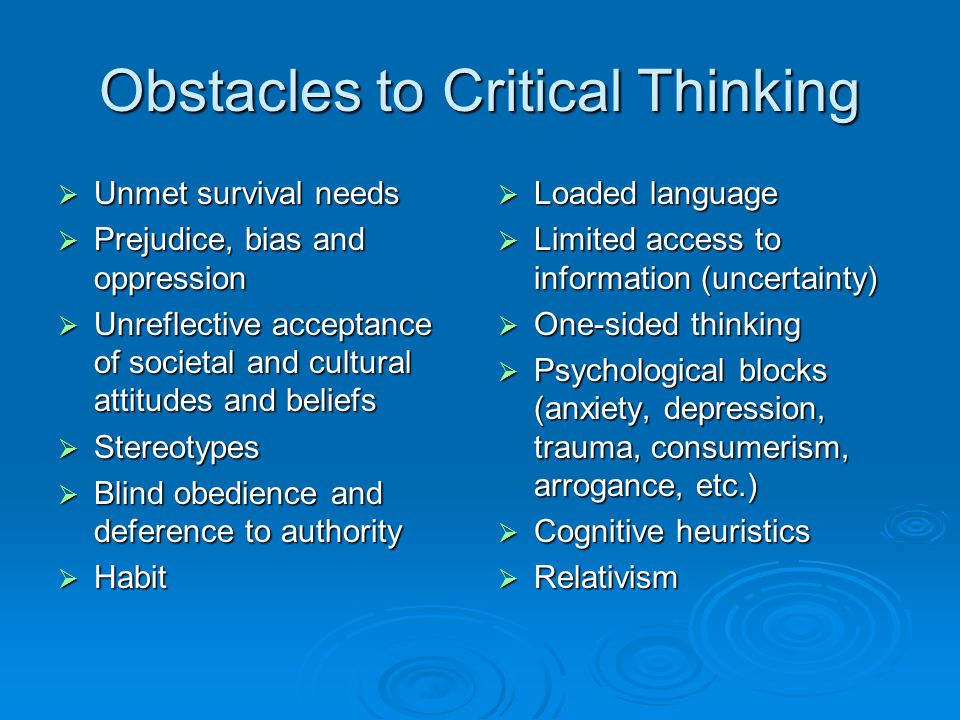
Causes of tachycardia
With tachycardia of the heart, the causes of the pathology can be completely different: this condition can be either related to the functioning of the cardiovascular system or indicate a problem in another organ. Most often, the causes of tachycardia in men lie in cardiac diseases.
We list the main causes:
- Diseases of the thyroid gland.
- Congenital and acquired heart damage: heart attack, ischemic heart disease, malformations, heart failure, hypertension, inflammatory diseases of the membranes.
- Disorders of the nervous system, including the cerebral cortex; psychoses.
- Infectious diseases.
- Taking certain medications.
- Tumors or dysfunction of the adrenal glands.
- Intoxications.
- Dehydration.
- Injuries.
- Anemia, including due to pathology of the bone marrow or extensive blood loss.
- Unhealthy lifestyle: abuse of caffeine, tobacco, alcohol-containing drinks.

Causes of tachycardia in women other than those mentioned above may include pregnancy and related conditions such as placental abruption. Heart rate rises with ectopic pregnancy. With symptoms of tachycardia in women, treatment is prescribed with caution. Sometimes it is enough to establish a daily routine and stop smoking to equalize the pulse. Often after childbirth, the heart rate returns to normal. Women often suffer from palpitations during menopause, because hormonal changes occur. Also, women are more likely than men to have an overactive thyroid gland.
What to do about symptoms of tachycardia: self-help methods
Causes of tachycardia in women, in addition to the above, may include pregnancy and related conditions, such as placental abruption. Heart rate rises with ectopic pregnancy. With symptoms of tachycardia in women, treatment is prescribed with caution. Sometimes it is enough to establish a daily routine and stop smoking to equalize the pulse. Often after childbirth, the heart rate returns to normal. Women often suffer from palpitations during menopause, because hormonal changes occur. Also, women are more likely than men to have an overactive thyroid gland.
Often after childbirth, the heart rate returns to normal. Women often suffer from palpitations during menopause, because hormonal changes occur. Also, women are more likely than men to have an overactive thyroid gland.
What to do with symptoms of tachycardia: diagnosis, treatment
If you notice alarming symptoms, contact a cardiologist. The doctor will collect an anamnesis, find out under what circumstances arrhythmia occurs, listen to the chest with a stethoscope and prescribe the necessary studies:
- ECG.
- Daily Holter monitoring.
- Ultrasound of the heart.
- Chest x-ray.
- MRI, CT.
- Stress tests.
- Blood tests for markers.
According to the results of the research, drug therapy, physiotherapy, surgical methods can be prescribed: catheter ablation, implantation of a cardioverter-defibrillator, and others, depending on the identified disease.
If you notice a repeated increase in heart rate without obvious reasons, get advice from the specialists of the Chekhov Vascular Center in the Moscow Region. It may be a matter of banal stress, but if the causes are more serious, you will be prescribed adequate treatment and help to avoid complications.
It may be a matter of banal stress, but if the causes are more serious, you will be prescribed adequate treatment and help to avoid complications.
8-800-444-49-59
Appointment for consultation, research
Beregovaya st., 36A, Chekhov, Moscow region, Russia, 142301
This email address is being protected from spambots. You must have JavaScript enabled to view.
Mon-Sun - 24/7
Nervous breakdown - what it is, causes, symptoms, treatment
Everyone faces stress, but for some people it can develop into a nervous breakdown. What is a nervous breakdown, why does it occur and how does it manifest itself? Especially for Forbes Life, clinical psychologist, co-founder of the YouTalk service Anna Krymskaya talks about the causes, symptoms and consequences of this condition
What is a nervous breakdown
Finished reading here
In the past, the term "nervous breakdown" was often used to refer to various mental disorders, but today there is no such diagnosis in medicine, and a nervous breakdown is not considered a mental illness.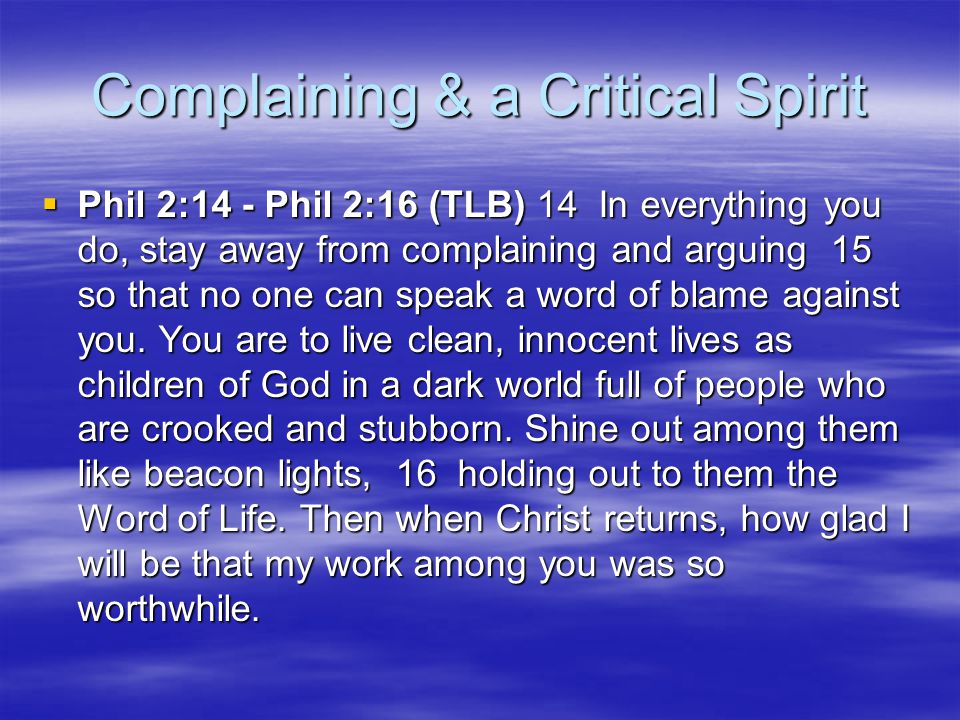 The terms “nervous breakdown”, “nervous breakdown” or “emotional breakdown” often describe a condition where a person cannot cope with stress, anxiety and anxiety on their own, cannot function normally in everyday life.
The terms “nervous breakdown”, “nervous breakdown” or “emotional breakdown” often describe a condition where a person cannot cope with stress, anxiety and anxiety on their own, cannot function normally in everyday life.
Causes of a nervous breakdown
Although a breakdown is not a mental illness, any other disorder such as PTSD, depression, borderline personality disorder, or etc.), can provoke a breakdown.
Chronic stress can also cause a nervous breakdown, for example, caused by a series of financial difficulties, problems at work and personal relationships. At risk are people who do not have stress tolerance skills and reliable social support.
You can prevent stress from developing into a nervous breakdown if you “catch” your condition a few weeks before the crisis point
How to understand that you have a nervous breakdown
The signs of a nervous breakdown vary from person to person and depend on the cause. Each organism reacts in its own way. Some symptoms are related to mental state, well-being and changes in behavior. However, physical symptoms are also possible.
Each organism reacts in its own way. Some symptoms are related to mental state, well-being and changes in behavior. However, physical symptoms are also possible.
Psychological symptoms of a nervous breakdown can manifest themselves as:
- acute anxiety that the person cannot cope with on their own;
- a feeling of detachment and disinterest in communicating with friends and relatives, doing the usual things;
- inability to focus and make decisions;
- mood swings - feeling of depression, emotional burnout, outbursts of uncontrollable anger and fear, feeling of helplessness, sobbing and hysteria;
- depersonalization - a state when a person does not feel himself;
- detachment from reality — a person does not distinguish between reality and imagination;
- as well as hallucinations, paranoia (the feeling that someone is watching you), suicidal thoughts and self-harm attempts.

Related material
Physical symptoms include insomnia and restless sleep, fatigue and exhaustion up to the inability to do even normal daily activities, frequent colds, digestive disorders. As well as such physiological manifestations as heart palpitations, discomfort in the chest, a feeling of a coma in the throat, which seems to make it harder to breathe - that is, signs of a panic attack. Some of the symptoms of a nervous breakdown are similar to those of burnout, a state of mental and emotional exhaustion that is often the result of chronic workplace stress.
Photo by Mikhail Nilov PexelsTreatment of a nervous breakdown
There is no universal answer to the question of how to treat a nervous breakdown. Depending on the situation and diagnosis, both a psychiatrist and a psychologist will help to cope with a nervous breakdown - these specialists have a different profile of work, often in the event of a nervous breakdown, the support of both is needed.
A psychiatrist specializes in diagnosing depression, generalized anxiety disorder, post-traumatic disorder and other conditions. If some mental disorder has become the basis for a nervous breakdown, medications can help treat it. Antidepressants and anti-anxiety medications are usually prescribed, but other medication options are available depending on the condition.
Diet, physical activity, and some simple habits can help you through stressful times.
In terms of psychological help, cognitive behavioral therapy (CBT) is considered the most effective treatment for nervous disorders. This approach helps to identify errors and false attitudes in thinking and interpreting life events, it works effectively for a specific task and in short-term therapy, for example, within 20 sessions. CBT is an important mechanism for the treatment of anxiety disorders of various nature. For a nervous breakdown, cognitive behavioral therapy may include homework, journaling to analyze experiences that occur during the day, refocusing, relaxation, and mindfulness techniques, as well as exposure (intentional encounters with frightening situations in order to reduce fear) and rational-emotive role-playing games. A psychologist should be able to ask open-ended questions correctly, show empathy and give a person the necessary tools that will help them to help themselves in the future.
CBT is an important mechanism for the treatment of anxiety disorders of various nature. For a nervous breakdown, cognitive behavioral therapy may include homework, journaling to analyze experiences that occur during the day, refocusing, relaxation, and mindfulness techniques, as well as exposure (intentional encounters with frightening situations in order to reduce fear) and rational-emotive role-playing games. A psychologist should be able to ask open-ended questions correctly, show empathy and give a person the necessary tools that will help them to help themselves in the future.
What to do to avoid a nervous breakdown
You can prevent stress from developing into a nervous breakdown if you “catch” your condition a few weeks before the crisis point. Try not to overload yourself, find time to replenish resources and slow down.
Some simple habits can help you through stressful times. All of them are quite simple, but proven effective. Try to eat a balanced diet that energizes. The diet should be varied, it is worth removing coffee, alcohol and other stimulants from the diet to reduce anxiety and improve sleep. Do not forget about regular physical activity - it can even be small daily walks.
All of them are quite simple, but proven effective. Try to eat a balanced diet that energizes. The diet should be varied, it is worth removing coffee, alcohol and other stimulants from the diet to reduce anxiety and improve sleep. Do not forget about regular physical activity - it can even be small daily walks.
Related material
Relaxation techniques and breathing practices also show high efficiency in the fight against stress. For example, you can use a visualization technique where you create a mental image of a place that calms you, or muscle relaxation, where you first tense and then relax different muscle groups. Try focusing on deep, slow breathing: inhale through your nose for 4 seconds, hold your breath for 7 seconds, and exhale through your mouth for 8 seconds.
If you have a nervous breakdown, you are in a critical condition and urgently need help, you can contact one of these organizations:
+7 (800) 2000-122 - a helpline for children, adolescents and their parents.